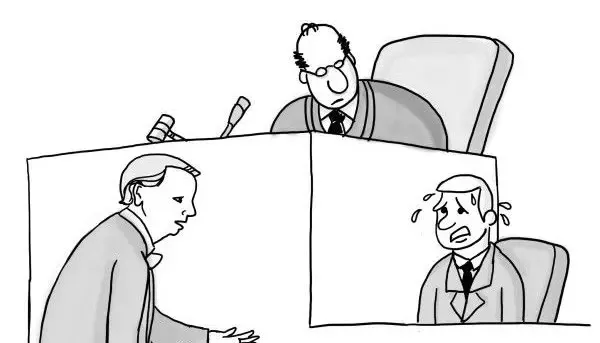Whether Additional Director can seek discharge from prosecution for non-compliance particularly when DIR-12 for his regularization as Independent Director was not filed before the ROC?

Shubham Budhiraja [1] Mr. A was appointed as Additional Director in May 2014. The Board meeting was held in September 2014. Because of non-compliance, ROC initiated prosecution against directors. All directors pleaded guilty except Mr. A. Mr. A filed an application for discharge but the Trial court refused to discharge Mr. A. The Hon’ble High Court held that: (i) there is no difference between the term director and additional director except for their tenure and the appointing authority, (ii) there is no clarity whether Mr. A was appointed as an Independent Director or otherwise because no Fresh DIR-12 was filed by the company recording his regularization. Hence, this require trial and discharge cannot be granted. [2] (i) That an Additional Director is a director having the same powers, responsibilities and duties as other directors. The only difference between them is...





